Among the most honored warriors of the Vietnam War stands Colonel Robert J. Modrzejewski, a United States Marine who exemplified gallantry, leadership, and unwavering courage under fire. As a Medal of Honor recipient, his legacy is one of sacrifice, duty, and indomitable spirit—a beacon of what it means to serve with distinction. From humble beginnings in Milwaukee, Wisconsin, to the dense jungles of Vietnam, Modrzejewski’s story is both remarkable and deeply inspiring.

Early Life and Struggles: Born on July 3, 1934, in Milwaukee, Robert Joseph Modrzejewski was shaped by a working-class upbringing in a city known for its strong Polish-American roots. He graduated from Casimir Pulaski High School in 1953 and pursued higher education at Wisconsin State Teachers College before completing his Bachelor of Science in Education from the University of Wisconsin–Milwaukee in 1957. His early life reflected the values of perseverance, hard work, and community—foundations that would later define his military career.
Military Enlistment and Heroics: In 1955, while still attending college, Modrzejewski joined the Marine Corps Reserve through the Platoon Leaders Class. Upon graduation in 1957, he was commissioned as a second lieutenant and began his training at The Basic School in Quantico, Virginia. His early assignments saw him take on varied and demanding roles—from platoon leader to Pathfinder Team Leader and later, Parachute Pathfinder with the elite 2nd Force Reconnaissance Company.
Promoted to captain in 1962, he continued to climb the ranks, taking on responsibilities in training and recruitment, eventually becoming an executive officer at the Officer Candidates School in Quantico. By 1966, he was on his way to Vietnam—where his true test awaited.
Defining Moment: During Operation Hastings in July 1966, Captain Modrzejewski commanded Company K, 3rd Battalion, 4th Marines. Tasked with establishing a blocking position in enemy territory, his company faced relentless assaults by North Vietnamese forces. Modrzejewski’s leadership shone through the chaos: he led the capture of a fortified enemy position, repelled multiple counterattacks, and even while wounded, crawled 200 meters to supply ammunition under heavy fire.
His Medal of Honor citation details the harrowing three-day battle, where his unit, vastly outnumbered and running low on supplies, held its ground due to his tactical brilliance and personal bravery. He called in artillery dangerously close to their position, reorganized and inspired his troops, and ensured victory against overwhelming odds. His actions directly saved lives and broke the enemy’s momentum in the region.
Post-War Life and Career: After Vietnam, Modrzejewski continued to serve with honor. He held command at the Marine Barracks at the U.S. Naval Academy and later furthered his education, earning a Master’s degree in Education from Pepperdine University in 1976. His post-combat years were dedicated to leadership and mentorship roles, influencing future generations of Marines.
Colonel Modrzejewski retired from the Marine Corps in August 1986, capping a 29-year career that demonstrated unwavering devotion to country and corps.
Military Awards and Decorations: Colonel Modrzejewski's list of decorations is a testament to his service and sacrifice. These honors include:
- Medal of Honor
- Legion of Merit
- Purple Heart
- Meritorious Service Medal with Gold Star
- Presidential Unit Citation
- National Defense Service Medal
- Vietnam Service Medal with Two Bronze Stars
- Vietnam Cross of Gallantry with Gold Star
- Vietnam Campaign Medal
Each medal reflects moments of valor, dedication, and exemplary performance under conditions that demanded the utmost from a Marine.
Colonel Robert J. Modrzejewski stands among the greatest warriors in American history—not just for the medals he wore but for the courage he displayed and the lives he impacted. From Milwaukee to Vietnam, from the battlefield to the classroom, his legacy endures in every Marine who dares to lead from the front. Honored by states and universities alike, his story is a profound reminder that heroism often begins with a simple choice—to serve, to lead, and to never back down.
